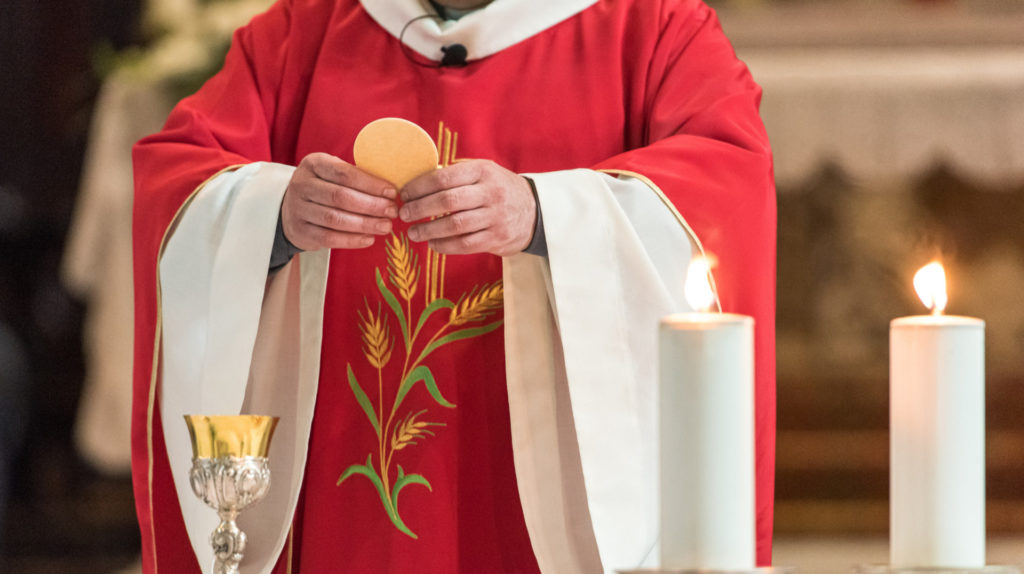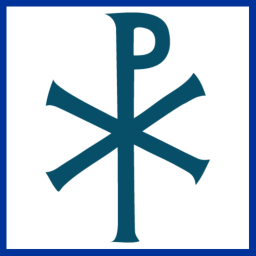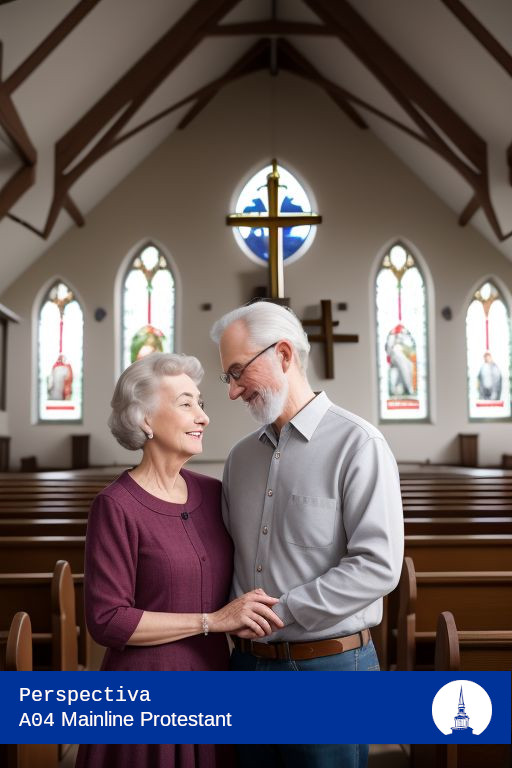Significance of the Mainline Protestant Lifeway:
A04 Mainline Protestant
Established Protestant denominations that are traditionally associated with mainstream society and have historical influence in society.
Mainline Protestantism is a collective term that encompasses a group of historically significant Christian denominations in the United States. These denominations have played a foundational role in the country's religious landscape and have left a lasting impact on its culture, society, and history. It comprises various denominations, including the United Methodist Church, the Presbyterian Church (U.S.A.), the Episcopal Church, the Evangelical Lutheran Church in America (ELCA), and the United Church of Christ (UCC), among others.

Historical Significance
One defining characteristic of Mainline Protestantism is its historical significance. These denominations trace their roots back to the early days of European settlement in North America, making them some of the oldest Christian traditions in the United States. They have contributed significantly to the nation's religious heritage and have been influential in shaping its moral and ethical values.
Theological Perspectives
Mainline Protestant denominations encompass a wide range of theological perspectives. They span a spectrum from more liberal and progressive to more conservative and traditionalist beliefs. This diversity is reflected in their approaches to scriptural interpretation, social issues, and theological doctrine. While some Mainline denominations have embraced inclusive theology and affirm LGBTQ+ rights, others adhere to more traditional theological positions.
Social Engagement and Activism
Social engagement and activism have been hallmarks of Mainline Protestantism throughout its history. These denominations have been at the forefront of various social justice movements, including the civil rights movement, women's rights, environmental advocacy, and peace activism. Their commitment to addressing societal issues aligns with their understanding of Christian mission and social responsibility.
Liturgical Tradition
Liturgical tradition plays a significant role in Mainline Protestant worship. Many of these denominations maintain structured liturgies, hymnals, and sacramental practices. The Eucharist/Holy Communion, holds central importance in their worship services, emphasizing the value of communal worship and the symbolic sharing of Christ's body and blood.
Interfaith Dialogue
While Mainline Protestantism has experienced a decline in membership and attendance in recent decades, the most recent data shows that membership has stabilized and some surveys indicate an uptick in the proportion of white mainline Protestants. It engages in interfaith dialogue and cooperation with other Christian traditions, seeking common ground and working together on shared values and social justice initiatives.
Summary
In summary, Mainline Protestantism represents a diverse group of Christian denominations with deep historical roots in the United States. It continues to maintain a strong presence in many communities, and its churches remain relevant to contemporary national issues through their theological diversity, social engagement, and commitment to shaping the nation's moral and ethical fabric.

| TOP TEN BASIC TRADE AREAS | |
| 1 | New York, NY |
| 2 | Dallas-Fort Worth, TX |
| 3 | Atlanta, GA |
| 4 | Philadelphia, PA-Wilmington, DE-Trenton, NJ |
| 5 | Minneapolis-St. Paul, MN |
| 6 | Washington, DC |
| 7 | Houston, TX |
| 8 | Chicago, IL |
| 9 | Los Angeles, CA |
| 10 | Charlotte-Gastonia, NC |
